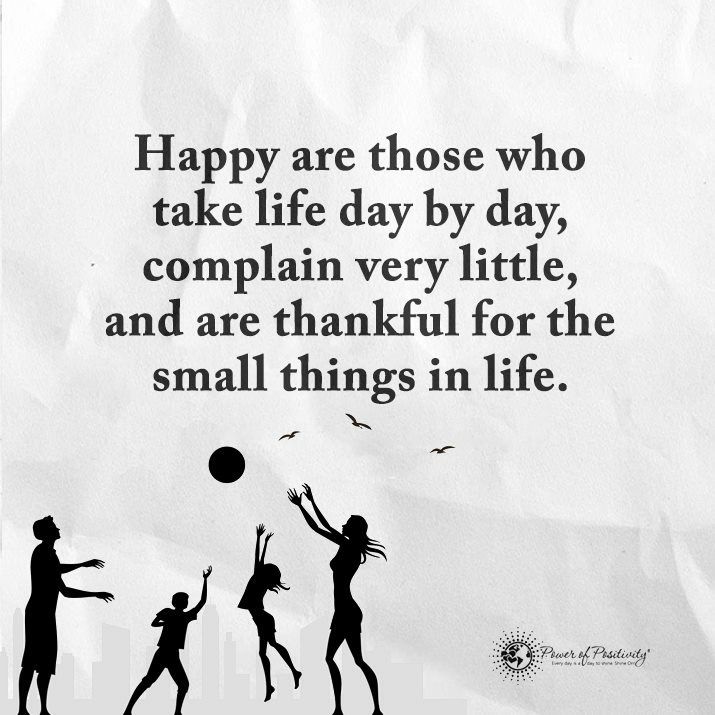Nothing feels more frustrating than when you try to express yourself, and the other person doesn’t seem to hear you. During arguments in relationships, things can get misconstrued in the heat of the moment, which leads to hurt feelings. However, if you can learn to manage your emotions during disagreements, your bond will become stronger.
One study on relationships over 14 years found that couples who argued often had the least likelihood of getting separated. The study followed 79 couples across the Midwest and discovered that the strongest couples resolved arguments quickly. So, just because you argue sometimes doesn’t mean you have a bad relationship. When you have a partner, you’ll inevitably have disagreements, but how you resolve them matters most.
Here are ten ways to express yourself if your partner doesn’t hear you:
If you feel like your partner doesn’t hear you during arguments, the following tips can help you express yourself better.
1 – Make sure you understand your emotions first.
If you don’t know how you feel, communicating your needs to your partner won’t come easily. To feel heard in a relationship, you have to get completely honest and open with your significant other.This honesty requires you to dig deep and understand where the emotions are coming from and why you feel unsatisfied with a certain aspect of your relationship.
Remember that your partner can’t help you if you don’t make your feelings and needs explicitly known. Also, take time to explain how you feel clearly without blaming or name-calling. The key to resolving arguments lies in how you choose to respond to your partner.
If you lash out or talk over them, of course, they won’t want to listen to you. Calmly explaining your emotions and directly asking for what you need helps resolve problems effectively.
2 – Actively listen to them.
If you want your partner to listen during arguments, you have to give them that same respect. Also, make sure you truly listen instead of just waiting for your turn to make your point. It will help you express yourself more if you can make your partner feel comfortable doing the same. Relationships rely on active listening from both partners to survive.
Studies have shown that active listening promotes healthier relationships.
Active listening involves the following:
- Putting your phone away and giving your total attention to your partner
- Maintaining eye contact the whole time
- Restating what they’ve said to make sure you understand
- Asking for clarification about certain points if you need it
- Having empathy and trying to understand wholly where your partner is coming from
- Staying in the present moment and not just waiting for your turn to talk
3 – Avoid anger.
Stay away from anger at all costs if you want to express yourself to your partner. Anger only breeds more chaos and dysfunction in communication with someone because they will automatically get defensive.
No one likes getting yelled at, especially after a hard day at work or school. Be mindful of how they feel and choose to treat them with loving kindness even in disagreement.
You can still get your point through without having to resort to emotionally charged language and explosive arguments. If you have trouble with this, take a few minutes to collect your thoughts and come back to the discussion when you have cooled down.
Studies show that yelling triggers the fight-or-flight response, causing us to become more reactive because we feel threatened. Therefore, a calm and soothing tone of voice produces the opposite effect – your partner will feel more open and willing to listen to you.
4 – Don’t accuse your partner of anything.
Accusing someone of something always puts them in defensive mode. Instead, choose to focus on how their actions made you feel and express yourself in terms of emotions. They will respond much better if they don’t feel attacked or pressured by accusations, and the talk will be more productive.
Put it this way – how would you feel if your partner started listing off all the things you’re doing wrong?
You probably wouldn’t take to it very well. So, please give them the same respect and watch the words you use with them. Instead of saying “You did ______ and I’m tired of it,” try saying “You hurt my feelings when you did ____, even if you didn’t mean to.” The second phrase sounds much friendlier and open-minded, in our opinion.
5 – Stay humble.
If you want to express yourself in a relationship, remember humility, above all else. Coming at your partner or friend with hurtful words will only make them put up walls, and your message will get distorted. They will take in what you have to say if you show vulnerability and compassion for their feelings.
To put this into practice, try to think about how you may have contributed to any issues. Even if you don’t want to admit it, it usually takes two people to have relationship problems.
Talking about how you can improve your behavior will make your partner more willing to discuss their shortcomings. If you can tackle issues as a team and talk to each other respectfully, any arguments will dissipate.
6 – Restructure the narrative.
Maybe you’ve been reading the whole situation the wrong way. Perhaps they haven’t wronged you. You just perceived the issue incorrectly due to your own emotions. Relationships can get tricky since they involve matters of the heart, and frequently, even our partner can misunderstand us.
Let’s say your spouse doesn’t pay you as much attention lately, and you’ve been feeling neglected. Your mind automatically goes to the worst-case scenario, like they are having an affair or have lost interest in you. Then, you lash out at them or allow resentment to build up based on your interpretation of the situation. However, you may not have considered other possible reasons for their lack of interest:
- extra work at the office
- stress about bills/life/other important people in their life
- dealing with the kids (if you have them)
- they need some time to themselves
- any other reason besides the worst-case scenario
7 – Discuss things in their language.
Do they speak in a more emotional or logical way? Either way, try to talk things out in a way that they can understand, but that still conveys your message. If you lean more toward the emotional side and they are logical, they will appreciate directness. However, if the opposite is true, you’ll want to show more sensitivity and compassion. Learn your partner’s methods of communication so that when you express yourself, the message doesn’t get lost in translation.
8 – Write them a letter.
This idea may sound silly, but sometimes our words just come out better on paper. You can always talk it out with them afterward, but writing it down first can help, especially in new relationships. Plus, writing things out can help you make sense of your thoughts and sort through them better. When you talk about them, you’ll have had time to reflect on how you feel and convey it to your partner easier.
9 – Consider talking to a therapist.
If you have tried everything with your partner and still don’t seem to hear you, consider going to couple’s therapy. A therapist can help you to break down any barriers in your communication and connect better as a couple. If your partner hesitates about going, make sure you let them voice their concerns first. Remind them that it can benefit both of you and make you stronger as a couple.
A couple’s therapist seeks to help people improve their relationships by recognizing and resolving all types of conflict. Many couples don’t know how to communicate with one another, so if you don’t feel heard, this might be an option for you.
10 – Remain positive.
Your partner will likely respond to negativity in the same way, so try your best to remain positive when you express yourself. Even if you’ve been hurt, try to frame your thoughts in a way that isn’t accusatory. For example, you could say, “I know you’ve been busy lately, but I miss having dinner together on weeknights.” In this way, you haven’t accused him/her of neglecting you, which would likely prompt a defensive response.
Final thoughts on how to express yourself when your partner refuses to hear you
When you have arguments with your partner, you want to express yourself to resolve the issues at hand. However, sometimes miscommunication causes your partner not to hear you, which only ends in frustration and heartache. If you want to get your own message across clearer, try to avoid talking when you feel angry. Also, please keep an open mind and let them speak their side of the story.
If you don’t feel heard in a relationship, consider that your partner may not either. If you can both work together to make one another’s needs known, you will have a happy, long-lasting relationship.
















 Community
Community

